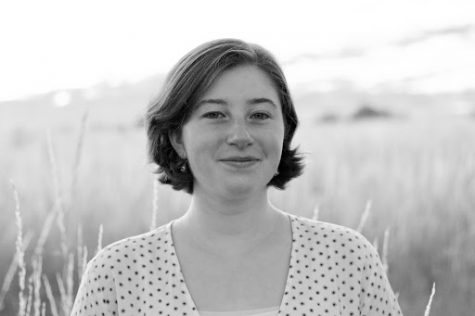Democratic field narrows to six frontrunners
Joseph R. Biden (77)
Having served six terms as a Delaware senator, run for president twice (‘88 and ‘08), and accompanied President Barack Obama as vice president across two terms, Biden isn’t new to the election atmosphere. He has prioritized health care and foreign relations and leans on the support he has gathered in his many years of public service (sometimes too much, as he often points to Obama’s successes as examples of his ability). Biden’s main concern is his age and lack of relatability among young voters, but he’s popular with older and rural voters. He has been coasting at the top of the polls since the beginning of his campaign, but the coming months will be extremely important in proving that he can avoid the public blunders that have plagued him throughout his campaign.
Michael Bloomberg (77):
Bloomberg hails from a background of financial prowess and 12 years of post-9/11 New York mayoralty. He’s spent his career devoting billions of dollars to initiatives like gun violence prevention (he funds Everytown and Moms Demand Action), public health research (he funds the Bloomberg School of Public Health at Johns Hopkins), and climate change (working with the Sierra Club to replace coal-fired energy plants with clean energy plants). Bloomberg joined the race later than the other Democratic candidates after months of public speculation. Since then, he has received considerable support and criticism for two main reasons: his mayoral “stop-and-frisk” policy and moderate economic stance.
Elizabeth Warren (70):
A former Harvard bankruptcy and commercial lawyer versed in economic patterns and current U.S. senator, Elizabeth Warren is perhaps the most progressive candidate of the bunch. Her campaign has focused on her many plans: introducing and expanding Medicare for All, wealth taxes, women’s rights, environmental regulation and middle-class support. She has also staunchly promoted cybersecurity. Warren is one of the more interesting stories of the primary, beginning with very little name recognition and climbing into third, and briefly second, place.
Pete Buttigieg (37):
Mayor Pete is another upstart candidate. He’s a young, gay veteran mayor from the Midwest, all qualities that are extremely unique in this fairly homogenous set of candidates. Buttigieg is currently the frontrunner in Iowa and New Hampshire, the first two primaries in the nation, and he will have to hope that wins in those states will give him enough momentum to propel him towards success in larger states. That being said, Buttigieg has been widely criticized for a lack of transparency in his policies and has been extremely unpopular among black voters, with numbers close or at 0 percent.
Bernie Sanders (78):
Bernie was the breakout candidate from the 2016 election and has continued to ride that momentum throughout this primary cycle. During that election, he championed far-left policies, with Medicare for All at the forefront. Sanders’ campaign has been plagued by concerns about his health, made worse by the fact that he had a cardiac emergency in October. Sanders entered the race behind Biden and has maintained second place up until now. He’s currently polling 19 percent to Biden’s 28 percent. Warren did briefly overtake him, but Bernie has regained his second-place spot. He’ll likely continue to be a contender, and should be next in line if Biden’s numbers slip.
Andrew Yang (44):
Andrew Yang is a clear underdog in the race, polling at around 4 percent. He started as an entrepreneur out of Silicon Valley, but left his business to found a nonprofit before deciding to run for president. Yang has a number of unique policies, the most important of which is his Universal Basic Income proposal, but he also supports tighter gun control, healthcare reform and other traditionally democratic policies. He has consistently been near the bottom of the polls, but is currently ahead of candidates like Cory Booker, Tom Steyer and Amy Klobuchar. At this point in the campaign, it’d be a miracle if he rose to the top, but Yang plans on campaigning all the way to the primary.



